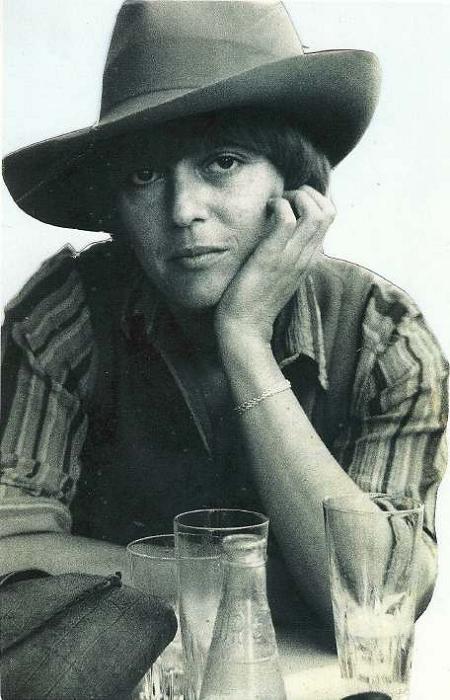

Here again Lenneberg's work was no table for the vigor with which he sought out explanations and theories from neuropsychological data. It is interesting to note that while each of the essays grows out of empirical evidence, all without exception attempt to attain a level of theoretical explanation and generalization which is frequently missing from experimental work per se. This preparation and additional expe rience at the Children's Hospital Medical Center in Boston led directly to his now-classic monograph on the neuropsychology of language, The Biological Foundations of Language, which was published in 1967.

This was followed by three years of postdoctoral specialization at Harvard Medical School in both neurology and chil dren's developmental disorders. degree in linguistics from the University of Chicago in 1951, he went on to complete his doctoral studies in both linguistics and psychology at Harvard in 1955. himself in each of the pertinent disciplines. He was interested in all of the scientific domains that might touch on the study of the mind and brain, and he carefully prepared. For one of the distinguishing features of Eric Lenneberg's theoretical work was its synthesizing quality. Together they represent the broad range of topics in which he took some interest. The essays in this volume have been gathered together to honor Eric H. But this stage already contained indications of his subsequent development, the main feature of which was that the timelessness of matter was given up without sacrificing the essential duality, or at least polarity, of mind and matter. purely spatial, realm of matter? Thus Essai sur les données immèdiates de la consciencewas necessarily a provisional stage in the growth of Bergson’s thought. Indeed his difficulties would have been even greater if it was difficult to conceive of interaction between the Cartesian res cogitansand res extensa, how could we in any intelligible way conceive of the correlation between the unfolding realm of psychological duration and the completed, timeless, i.e. world of mind and the timeless world of matter, he would have run into the same inextricable difficulties as his seventeenth century predecessor.


Had Bergson retained this sharp distinction of the temporal. It was a dualism of a different kind than the dualism of Descartes: instead of the opposition between extended matter and unextended mind, Bergson posited the duality of the timeless, spatial world and the temporal world of psychological events. Bergson’s first book asserted a sharp dualism of the psychological and the physical world.


 0 kommentar(er)
0 kommentar(er)
